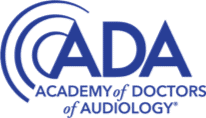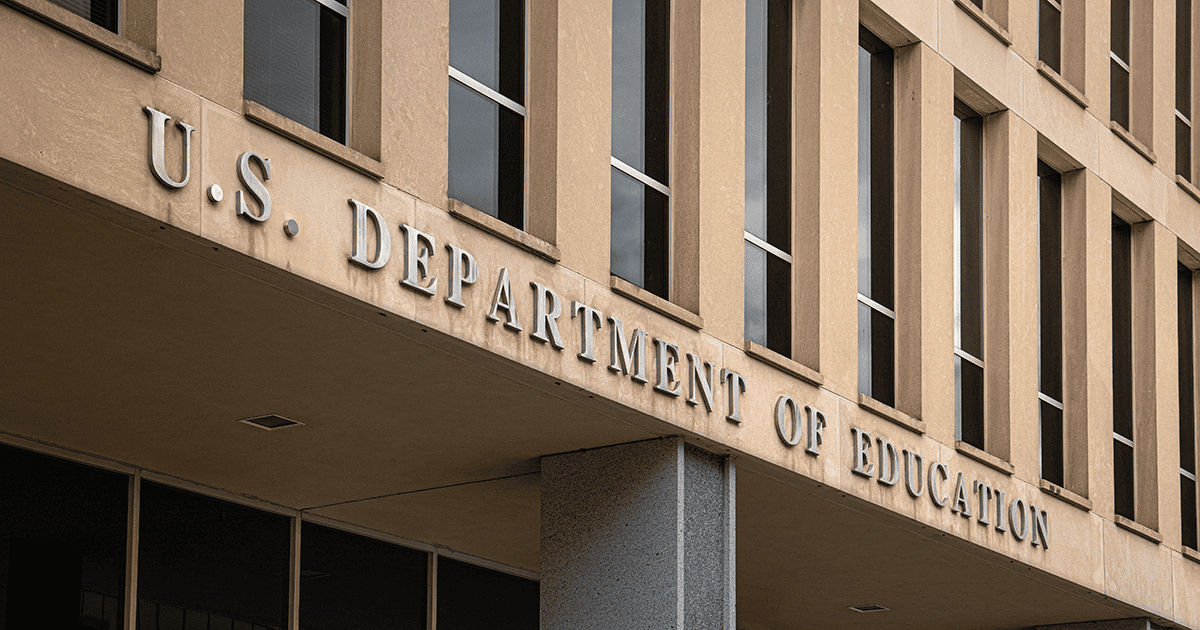 |
 |
 |
AAA, ADA, ASHA pursuing meaningful hearing health care for Medicare beneficiaries.
On December 12, 2019, the U.S. House of Representatives passed H.R. 3, which includes Section 602 titled, “Providing Coverage for Hearing Care under the Medicare Program” [PDF]. Section 602 of the bill adds new hearing benefits, including hearing aids, for Medicare beneficiaries with severe to profound hearing loss and also includes a number of provisions sought by audiologists and consumers.
The American Academy of Audiology (AAA), the Academy of Doctors of Audiology (ADA), and the American Speech-Language-Hearing Association (ASHA) are committed to ensuring Medicare beneficiaries have meaningful access to hearing-related services provided by audiologists consistent with evidence-based practice and contained in the Medicare Audiologist Access and Services Act of 2019 (H.R. 4056). We are pleased to report that H.R. 3 includes many of the provisions for which we have advocated.
Section 602 of H.R. 3 would enable audiologists to be reimbursed by Medicare for covered diagnostic and treatment services that they are licensed to provide, and would reclassify audiologists as practitioners under Medicare, giving seniors better access to hearing and balance care provided by audiologists. The bill also mandates a study to examine beneficiary direct access to audiologists and clarifies that the U.S. Secretary of Health and Human Services has the authority to authorize audiologists to furnish services for reimbursement without requiring beneficiaries to first obtain a physician order.
In October, AAA, ADA, and ASHA issued a joint statement supporting the Medicare Hearing Act of 2019 (H.R. 4618). While we are pleased that key provisions from H.R. 4056 were added to H.R. 4618, and subsequently included in Section 602 of H.R. 3, we will continue to seek policy solutions that improve access to audiology services for Medicare beneficiaries, including the elimination of the physician order requirement, embodied in H.R. 4056 and its Senate counterpart (S. 2446).
We applaud Representatives Tom Rice (R-SC) and Matt Cartwright (D-PA) for introducing H.R. 4056, as well as Representatives Lucy McBath (D-GA) and Debbie Dingell (D-MI) for their introduction of the Medicare Hearing Act of 2019. Finally, we appreciate House Ways and Means Committee Chairman Richard Neal (D-MA) and Speaker Nancy Pelosi (D-CA) for their instrumental work in securing the important accomplishment of reclassifying audiologists as practitioners and allowing audiologists to be reimbursed for the Medicare-covered services that they are licensed to provide.
AAA, ADA, and ASHA urge the Senate to adopt these audiology-related provisions to ensure Medicare beneficiaries have access to appropriate diagnostic and treatment services provided by audiologists.
For questions, please contact Susan Pilch, the Academy’s Senior Director of Government Relations at spilch@audiology.org.
Recent Posts
Allergies in U.S. Adults
Individuals who live in colder areas of the country may be eagerly awaiting the arrival of spring and its associated warmer weather. Others may be…
Securing Federal Loan Access for Audiology Students: Comments Close March 2
The Academy is pursuing a two-pronged strategy through Congress and the Department of Education to protect federal student loan access for AuD students. Both pathways…
Rock the PAC: An Evening of Music, Networking, and Advocacy
This content is an exclusive benefit for American Academy of Audiology members. If you’re a member, log in and you’ll get immediate access. Member Login…


